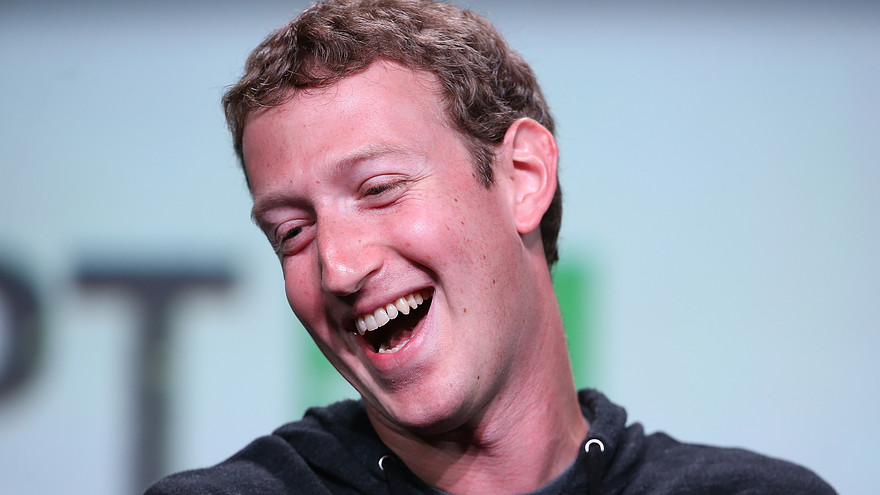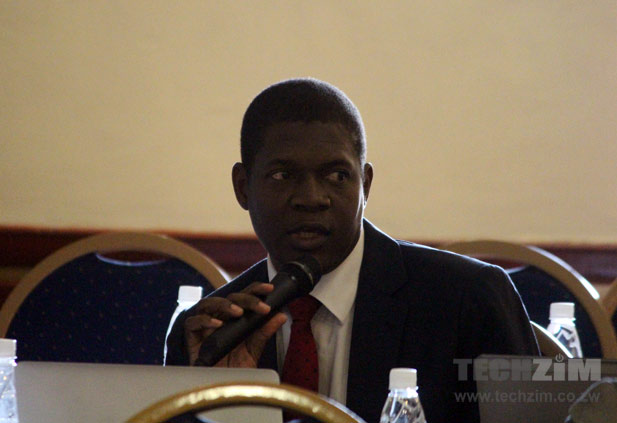A month ago, it was reported that Facebook was upping its efforts against election interference on their social media platform. They were said to be building a war room that would be used to fight misinformation relating to elections all over the world. We all saw first-hand how hard it is to know what’s trustworthy and what is not during our elections this year and such efforts from Facebook are welcome. There’s only one problem…
So, What’s App?
Facebook still can’t figure out how to control the spread of fake news on WhatsApp. The Brazilian populace is said to be feeling these effects as they go through their own election season as well. Media companies in Brazil are said to be buying large groups of phone numbers and spamming them with the messages they feel are appropriate.
There are 120 million WhatsApp users in Brazil and a study of 100 000 images shared on WhatsApp had an alarming result – more than half of the photos contained misleading/false information:
From a sample of more than 100,000 political images that circulated in those 347 groups, we selected the 50 most widely shared. They were reviewed by Agência Lupa, which is Brazil’s leading fact-checking platform. Eight of those 50 photos and images were considered completely false; 16 were real pictures but used out of their original context or related to distorted data; four were unsubstantiated claims, not based on a trustworthy public source. This means that 56 percent of the most-shared images were misleading. Only 8 percent of the 50 most widely shared images were considered fully truthful.
The biggest problem with misinformation on WhatsApp, unlike other platforms, is that of encryption. Because WhatsApp is encrypted no one, including Facebook, can actually monitor what is shared on the platform. Because that’s the case, it’s almost impossible to hold anyone individual accountable. No one knows where these misleading messages originate and before you know it they are viral. And strangely enough, before WhatsApp introduced encryption in 2016 ‘fake news’ was not all the rage… Food for thought?
Will governments react?
I think sooner or later governments will react and they will reign in the service. The problem of fake news has been going on for years and though human rights activists will be up in arms when governments start asking for WhatsApp to loosen its encryption, the only problem is we have seen too many harmful incidents resulting from misinformation on the messaging platform. In India, over a dozen deaths have occurred due to falsehoods spread on WhatsApp.
Locally we’ve seen these issues of falsehoods causing panic and last year there was a panic buying spree after messages of shortages were falsely spread. Governments have tried to let people use WhatsApp freely but if the platform doesn’t change its approach then I see regulation from governments being put in place.
As users what would you prefer? A non-encrypted version of WhatsApp that can be monitored in order to stop the spread of fake news or you would rather things stay the same and no one can access chats?














Comments
2 responses
From the looks it, you sound like you are advocating for the regulation of WhatsApp from government. When government itself lies and misleads the people (eg the Herald, Sunday, point in case Google Zimbabwe Mega Deals) noone complains. And yet when people share information in their own private groups it becomes a problem. Freedom of expression is a constitutional right, even if that expression is expressing falsehoods or not so true stories.
The problem with regulation is that is quickly because a slippery slope. Imagine the government of Zimbabwe being given the powers to monitor and regulate WhatsApp, do you really think people will be given the freedom to communicate freely as they do right now?
When you say no one complains about the Herald I don’t think that’s entirely accurate. People have been complaining about all the publications you mentioned for years. Anyway, my point in the article is that WhatsApp has been left to manage their platform for years and clearly they are failing to actually do anything useful. I wouldn’t be surprised and I wouldn’t blame Governments if they decided to interfere. I know governments would abuse the platforms if they took control but the platforms are already being abused so it would just be a different abuser if anything… Definitely, agree with your point that it quickly becomes a slippery slope